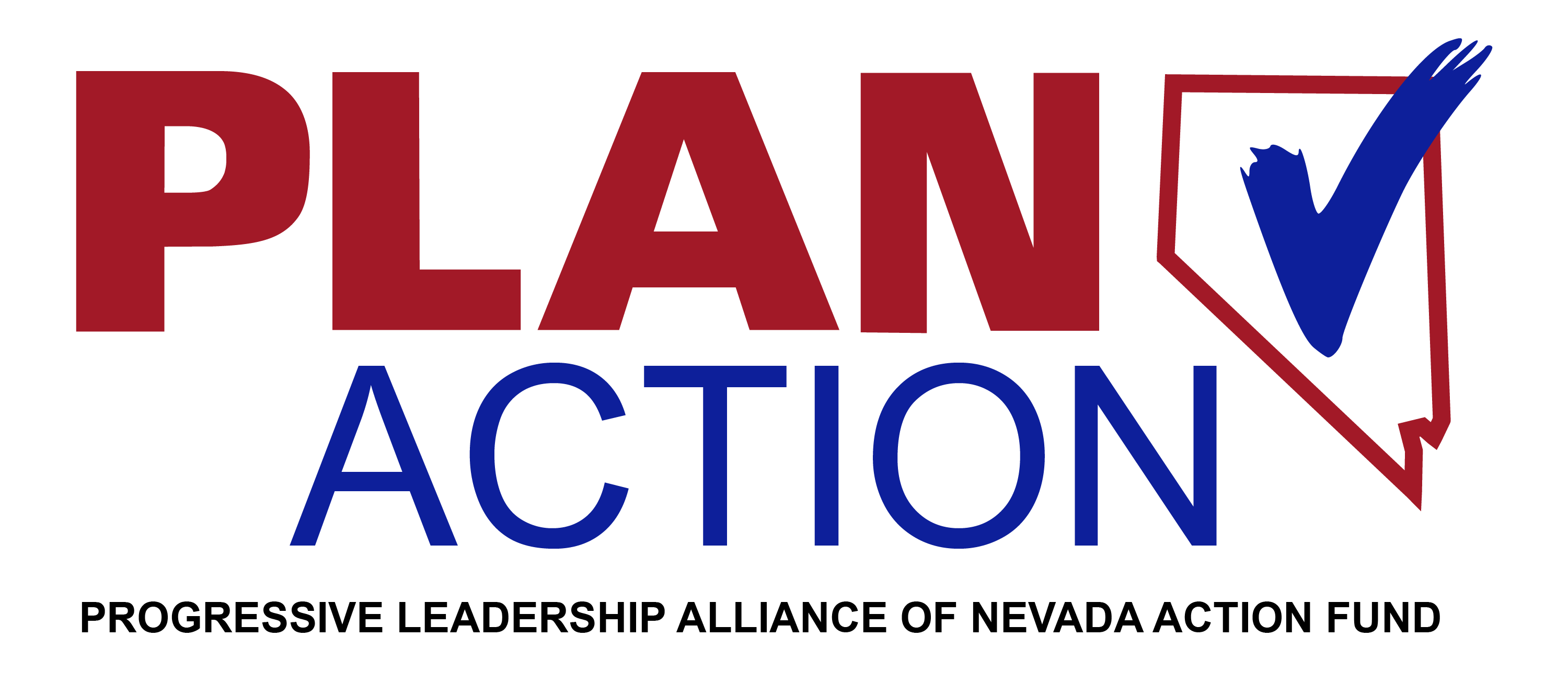New Polling on Ending Tax Cuts for Wealthiest
Two-thirds of voters agreed that making the tax system fair was a very or fairly important consideration in determining how they cast their vote on Election Day, according to a new poll released today by Hart Research Associates on behalf of Americans for Tax Fairness.
State partners of the Americans for Tax Fairness campaign, including the Progressive Leadership Alliance of Nevada Action Fund, launched an effort last week to educate the public and to urge Senator Dean Heller and Republican House members Joe Heck and Mark Amodei to consider the question “Who Pays: the richest 2% or the rest of us?” in the current federal debate about deficit reduction and the expiring Bush tax cuts.
“This poll as well as the election results show that voters are paying attention to this issue and that Nevadans care about making sure that the wealthy pay their fair share to solve the country’s problems and get us back on the right economic track,” said Michael Ginsburg, of the PLAN Action Fund “It is our job to remind Congress that we will no longer accept an unfair tax system that is rigged in favor of the wealthiest Americans at the expense of the rest of us. Who pays is the central question in this debate.”
The poll showed that by a 17-point margin (56 percent to 39 percent), voters still “think the best way for Congress to deal with the Bush tax cuts” is to “end tax cuts for those making over $250,000” compared to those who think Congress should “continue the tax cuts for everyone.” Independents (54 percent), moderates (64 percent), and swing voters who considered supporting the other candidate (62 percent) all support ending the Bush tax cuts for the richest 2 percent.
Voters, concerned about the economy, want to reduce the budget deficit by increasing revenue through progressive tax measures, not by cutting Medicare and Medicaid.
84 percent of voters approve of increasing taxes on the profits American corporations make overseas, to ensure that they pay the same taxes on those as they do on domestic profits.
Voters also favor a surtax of five percent on personal income over $5 million (61 percent), ending the preferential tax treatment of the sale of stocks and other assets (61 percent), and increasing the estate tax on estates of more than $7 million (58 percent).
In contrast, nearly two-thirds of voters (64 percent) disapprove of raising the age for Medicare eligibility from 65 percent to 67 percent, and 78 percent oppose cuts to Medicaid benefits.
The polling materials can be found here.
© 2022 PLAN Action
Progressive Leadership of Nevada Fund
